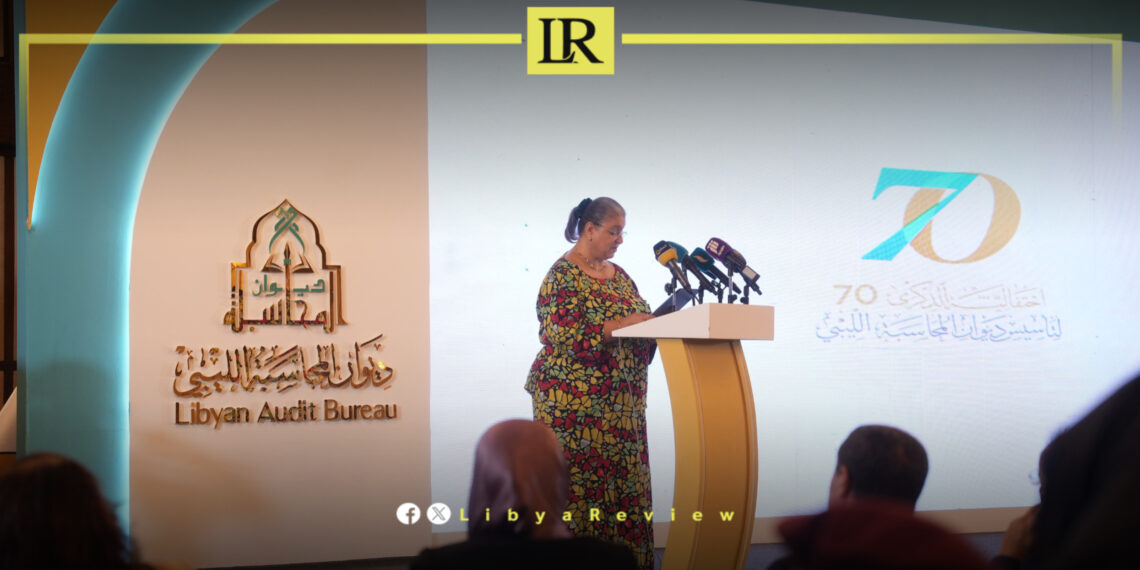The United Nations Support Mission in Libya (UNSMIL) has welcomed the launch of Libya’s new strategic plan to combat corruption, describing it as a major step toward strengthening transparency and accountability across state institutions.
The plan was formally introduced during a ceremony marking the 70th anniversary of Libya’s Audit Bureau, attended by Special Representative of the UN Secretary-General in Libya, Hanna Tetteh, and Deputy Special Representative and Humanitarian Coordinator, Georgette Ulrika Richardson.
Developed jointly by the Audit Bureau and the National Anti-Corruption Authority, the initiative aims to curb corruption through concrete measures in six priority areas: public finance, state subsidies, medical procurement, diplomatic appointments, the oil sector, and foreign investment.
UNSMIL underlined that transparent and effective public financial management is the cornerstone of addressing corruption, as it directly impacts the state’s ability to provide essential services to its citizens. The mission warned that corruption not only drains resources but also undermines institutions, weakens governance, and fuels instability.
The plan emphasizes the importance of empowering oversight institutions to operate independently and without interference, ensuring that Libya’s vast wealth is managed in a way that serves the interests of its people rather than narrow political or factional agendas.
The UN mission, along with its specialized agencies working in Libya, pledged continued support for the plan’s implementation, highlighting that tackling corruption is essential to building rule-based institutions and fostering long-term stability.
For many observers, the launch of this anti-corruption strategy represents more than just a technical reform; it signals a recognition that addressing graft is central to Libya’s fragile transition.


